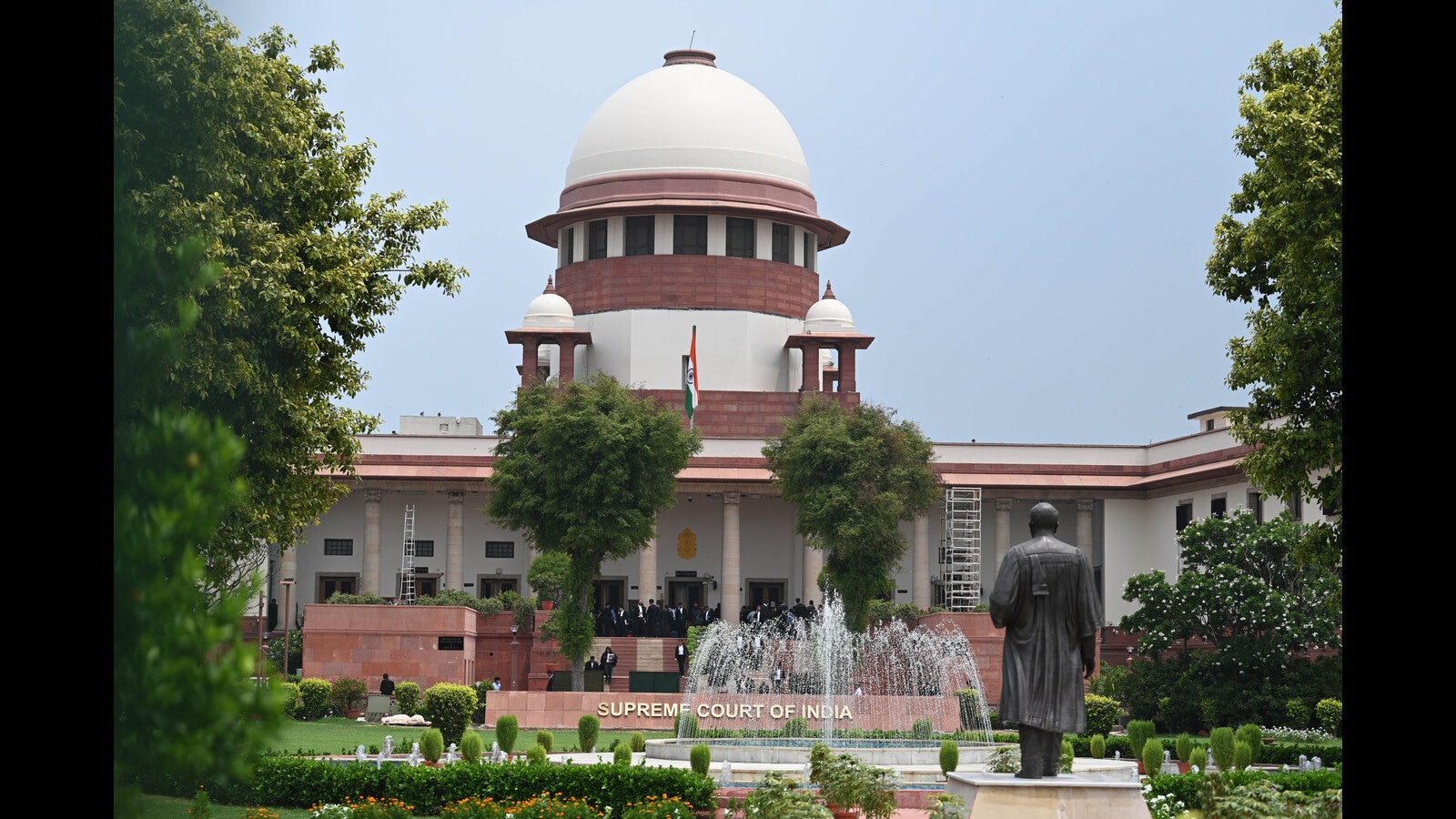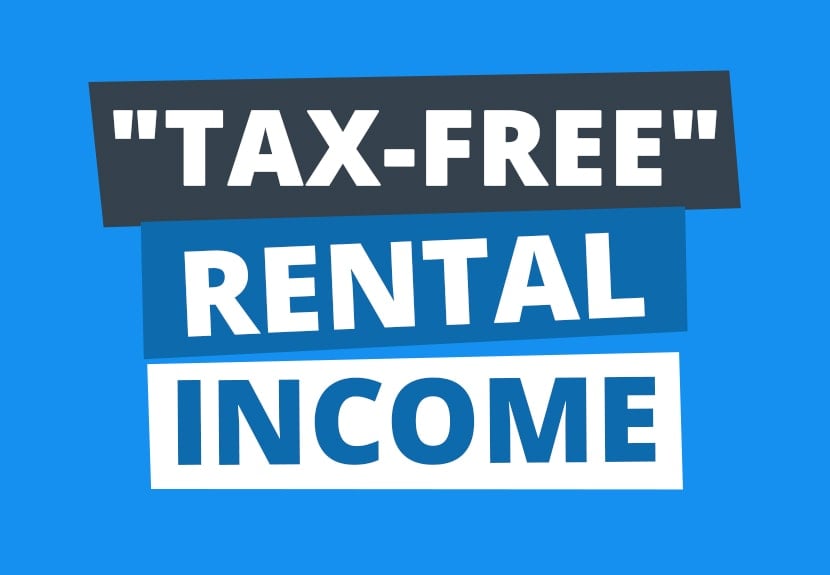It is that time of the year again, when we are starkly reminded of the toxic air we breathe. But we suffer poor air quality for almost the entire year, and I do not mean just the Delhi-National Capital Region (NCR). Over 80% of Indians, whether in megacities, peri-urban areas, or rural settings, are exposed to this. As a result, India is witnessing a public health crisis of epic proportions. Yet, the State remains largely indifferent, ill-informed and incapable of tackling this crisis.
To begin with, the conventional characterisation of air pollution as solely an environmental issue is grossly inadequate when we consider its immense health and economic implications. Moreover, this framing allows governments to position air quality within an unhelpful environment-versus-development narrative, and consigns air quality regulation to the exclusive domain of environment departments and pollution regulators.
The short-sighted view of development that ignores negative externalities manifests itself in the government’s reluctance to enforce its law and its keenness to dilute regulatory scrutiny of emitters. This is most evident in the years-long delay in implementing stricter power plant emission norms. Despite data that power plant emissions worsen air quality significantly, the government has deferred the compliance schedule several times and allowed inefficient plants to continue.
Policymaking on air quality in India continues to be siloed. It is not informed by the volumes of evidence that have shown air pollution, both ambient and indoor, as one of the leading risk factors for ill health and premature deaths in the country. Emerging evidence points to the harmful effects of long-term and short-term exposure to poor air quality. Worryingly, these effects are not restricted to the commonly associated respiratory and cardiovascular diseases. But there is hardly any representation from the public health sector and the medical fraternity in decision-making bodies such as state pollution control boards (SPCBs). Ironically, other stakeholders such as state corporations, industry associations and municipal bodies that are potential polluters are well represented. Policymaking on air quality can only be evidence-informed and effective if it accounts for and prioritises public health outcomes.
Despite a law being in place for four decades, one of the main reasons air pollution continues to rise is our regulatory institutions’ lack of capacity and capability to respond appropriately to the issue and its evolving nature. Deficiencies in our frontline pollution regulators have been highlighted since the mid-1980s, with several reports (including ones by government committees) identifying concerns regarding inadequate personnel, part-time and underqualified leadership, and lack of technical capacity and finance. Recent work by the Centre for Policy Research demonstrates that SPCBs in the Indo-Gangetic Plain region have an average vacancy of 40% in their sanctioned staff strength, with regional offices bearing the brunt. The leadership positions in several states are part-time appointments, and the tenures of people appointed to these positions are often shorter than a year. With staff chronically overstretched and an unstable leadership, boards spend most of their time on routine consent-granting functions relating to industries. There is little time left for envisioning, planning, and executing longer-term programmes for pollution control, compliance monitoring and enforcement, training personnel and other systemic reforms.
What, then, is the way forward? Shall we turn to the courts? There is no doubt that the judiciary has played a crucial role in the country’s environmental governance. But we cannot, and should not, rely on the judiciary to prod the government for every policy move. Courts are well-equipped to decide questions of conflicting rights and statutory violations, and to ensure that the government does not backslide on existing commitments. The onus to lead us out of this crisis lies with the governments at the central and state levels. They can no longer avoid taking tough, politically challenging decisions necessary to protect public health and well-being.
Action plans activating emergency measures, while necessary in the short-term, risk making us complacent about underlying systemic constraints. To enjoy substantial and sustained improvements in air quality, the government needs to facilitate coordination in planning and implementation across varied sectors, departments, and levels of government. It needs to tackle all major sources of pollution parallelly and introduce structural changes in crucial sectors such as agriculture and transport. A prerequisite to even attempting to accomplish this tall ask is an institutional framework with sufficient autonomy, convening power and bureaucratic heft.
A good starting point would be rapidly addressing the institutional capacity constraints faced by most environmental regulators, particularly SPCBs. The boards were envisioned as autonomous entities, and strong political will coupled with bureaucratic support is required to realise this vision, even if it constrains the government’s (other) policy objectives. This would mean affording them the freedom to hire, retain and train the staff they need, appointing competent leadership through a robust and transparent process, and ensuring that the leadership enjoys an assured tenure of three to five years. The boards must also have representation from a more comprehensive set of stakeholders, including experts in air quality management and those from the public health sector.
Moving in this direction would be a clear signal from the State that it, at long last, is giving the issue of air pollution the attention it deserves.
Shibani Ghosh is fellow, Centre for Policy ResearchThe views expressed are personal















